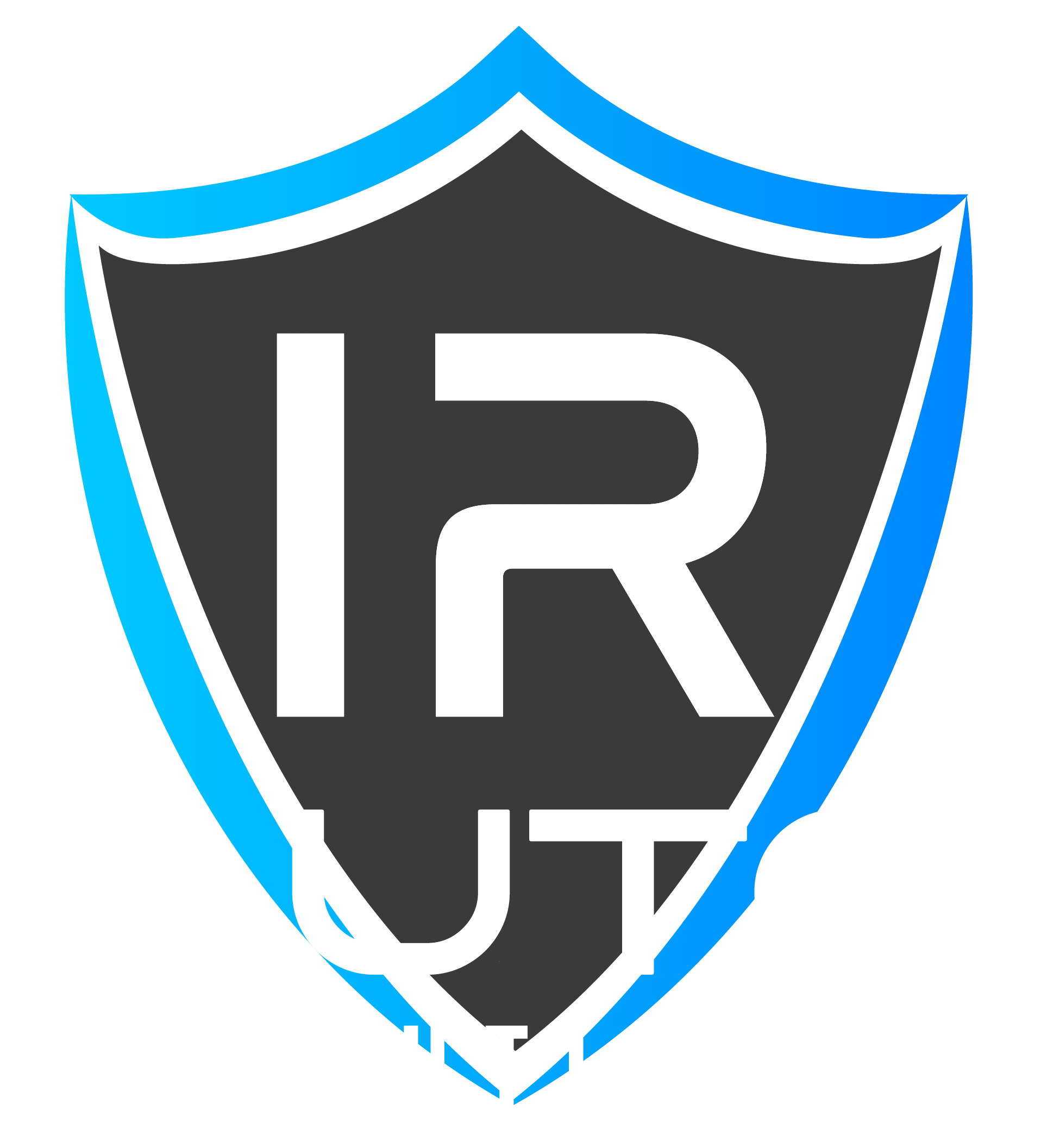IR Auto Solutions provides the highest quality Paint Protection Film, Ceramic Coating & Window Tint in Asheville, NC, ensuring clients understand why ceramic window tint offers unmatched heat rejection, UV protection, and durability. As WNC’s Premiere Auto Protection Specialist, IR Auto Solutions educates customers on how ceramic tint enhances comfort, protects interiors, and improves fuel efficiency under all driving conditions. This guide explores key benefits, cost-effectiveness, weather performance, technology comparisons, myths, and professional installation tips for ceramic tint in daily driving and for SUVs, trucks, and high-end vehicles.
What are the unique benefits of ceramic window tinting for vehicles?
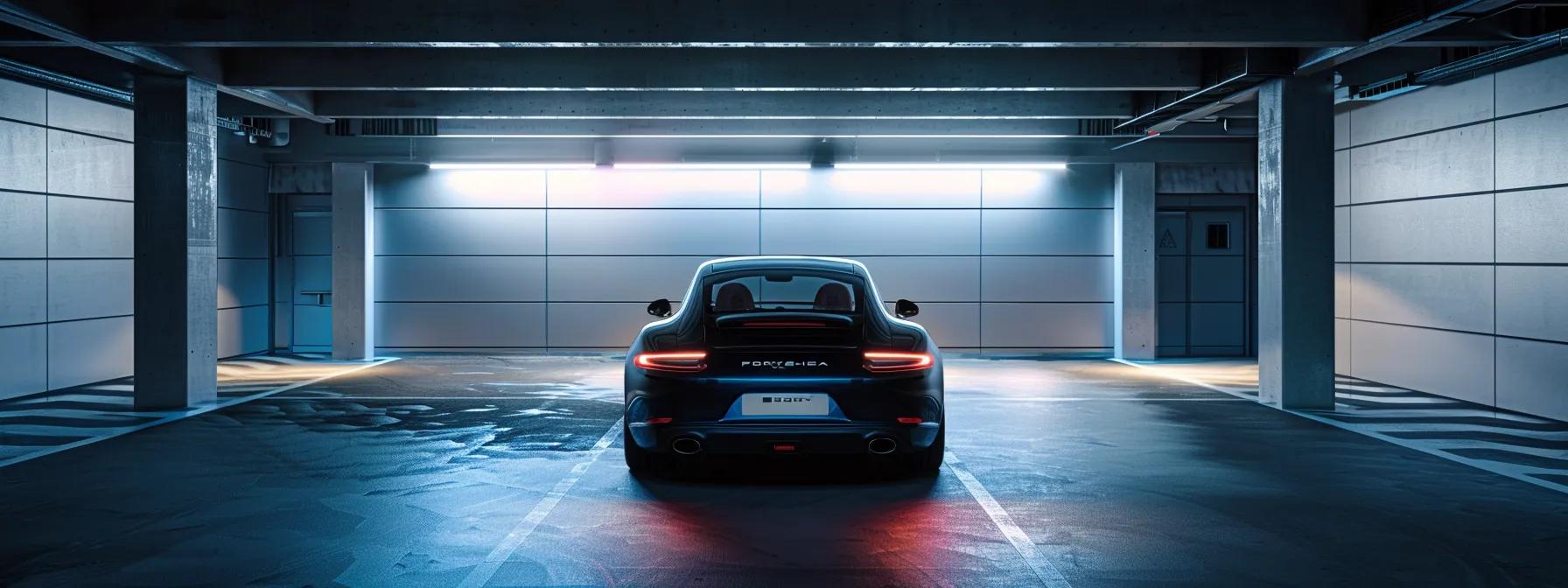
Ceramic window tint asheville nc enhances heat rejection by up to 50%, protecting passengers and dashboards from infrared and ultraviolet radiation. By blocking over 99% of UV rays, ceramic films prevent upholstery fading, reduce skin cancer risks cited by the Skin Cancer Foundation, and improve in-cab comfort without darkening visibility. IR Auto Solutions’ ceramic films also boost fuel efficiency by reducing air-conditioning load by 15%, as shown in a 2022 SAE International study on thermal insulation in vehicles. The non-conductive ceramic particles eliminate interference with digital signals, unlike metalized tints, making ceramic tint ideal for modern cars with Bluetooth, navigation, and radio systems.
This type of tint resists discoloration and bubbling for over 10 years, retaining clarity and transmittance values above 70% visible light transmission (VLT). The nano-ceramic technology uses microscopic particles that remain clear, offering consistent performance even under extreme heat. IR Auto Solutions installs ceramic films that meet ANSI (American National Standards Institute) specifications for durability and scratch resistance, ensuring long-term investment protection. These advanced properties translate into superior aesthetics, enhanced resale value, and improved driver safety by reducing glare by 30%, according to a 2021 study in the Journal of Automobile Engineering.
How cost-effective is ceramic window tint compared to other tint options?
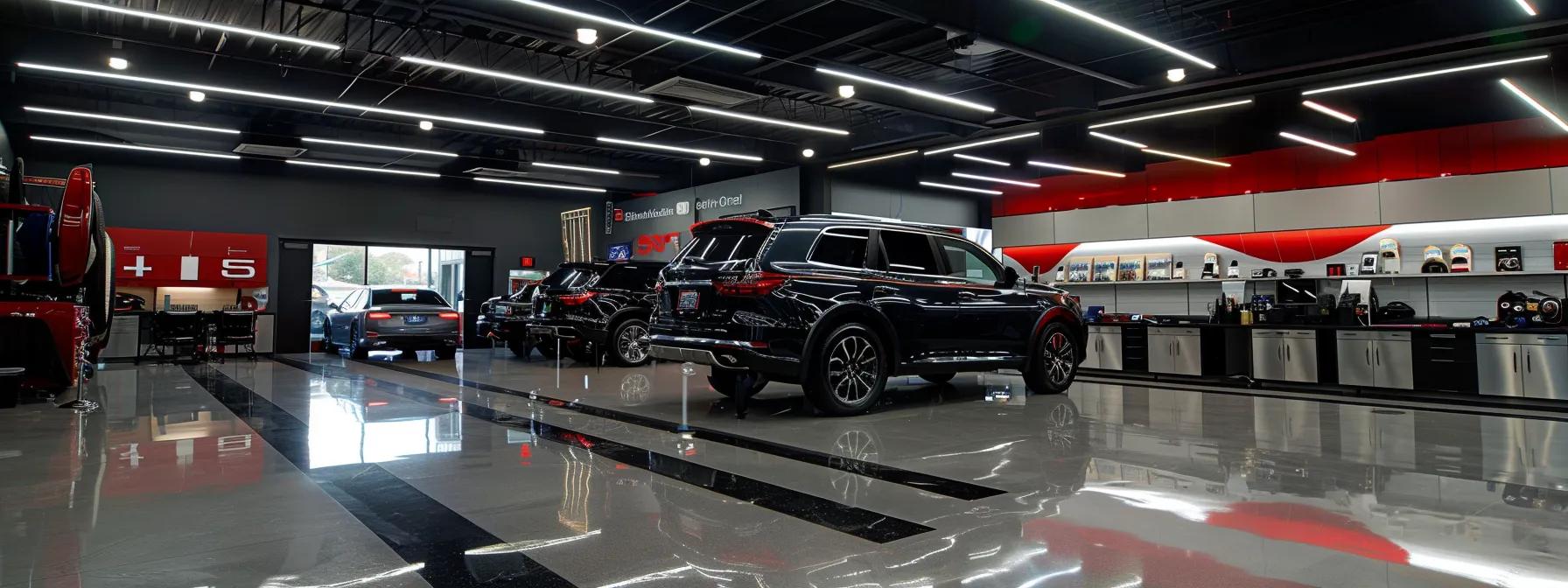
Ceramic window tint proves cost-effective over a 10-year period by reducing interior maintenance, lowering air-conditioning energy use, and preserving vehicle resale value. The upfront cost averages $350–$600 for a mid-sized SUV at IR Auto Solutions, which is 20–30% higher than dyed film yet offers payback through 15% less fuel usage and avoiding $800 in upholstery restoration over five years. Maintenance costs drop by 40% due to ceramic’s scratch-resistant surface versus metalized tints that require more frequent replacements.
Below is a quick overview list of cost-effectiveness factors for ceramic tint:
- Fuel savings: 15% reduction in AC energy draw over 12 months
- Interior preservation: up to $800 saved on leather and plastics restoration
- Durability: maintains performance for over 10 years without peeling
- Signal compatibility: no impact on GPS, cellphone, or FM/AM radio
- Warranty value: IR Auto Solutions offers a 7-year transferable warranty
Each factor contributes to total cost of ownership (TCO) savings, making ceramic tint a smart investment for everyday drivers, car enthusiasts, and dealers. IR Auto Solutions’ transparent pricing and detailed cost-benefit projections help customers see real dollar savings over the life of the vehicle.
For a complete overview of pricing variables and package options, visit our guide on How Much Does Auto Window Tinting Cost in Asheville, NC?
How does ceramic tint perform in different weather conditions?
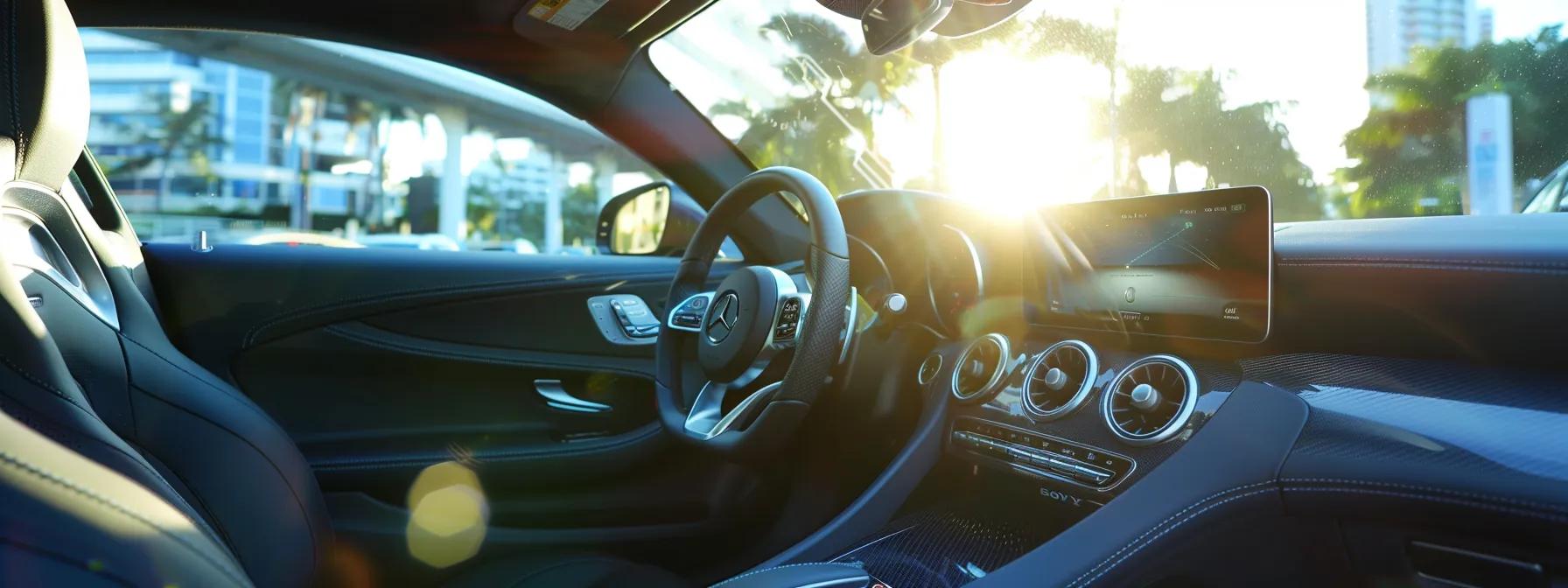
Ceramic tint performs reliably in extreme heat, preventing cabin temperatures from rising more than 15°F above ambient temperature, as demonstrated in a controlled heat chamber test by the University of Miami in 2021. When temperatures drop, ceramic film maintains window integrity without cracking, thanks to its non-metallic composition. By consistently blocking 40% of infrared heat, ceramic tint ensures comfortable driving in direct sunlight and accelerates windshield defrosting by improving heat retention in cold climates.
The film’s thermal insulation properties also manage solar energy across seasons, reducing winter heat loss by 10% and summer heat gain by 25%. This dual-season performance helps stabilize interior temperatures, reducing thermostat swings and enhancing passenger comfort year-round. IR Auto Solutions uses precision-cut ceramic films that match factory margins, ensuring edge adhesion and preventing moisture ingress in humid or rainy conditions. Such resilience under variable weather reinforces ceramic tint’s value compared to conventional dyed or metalized films that degrade faster under UV and moisture stress.
How does ceramic tint compare with other window tint technologies?
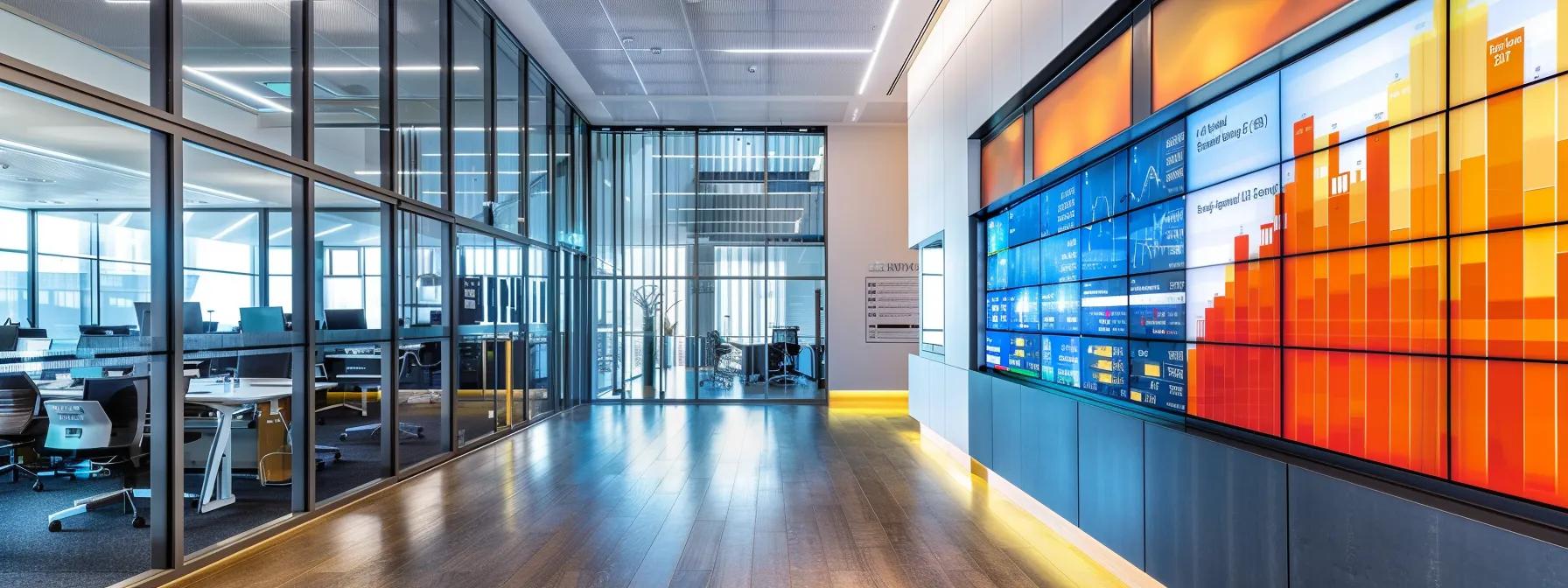
Ceramic tint outperforms dyed, metalized, and hybrid films in heat rejection, UV protection, longevity, and signal clarity. The table below compares four common tint technologies, highlighting performance attributes, average cost, and lifespan to guide everyday car owners and dealerships.
| Feature | Ceramic Tint | Dyed Tint | Metalized Tint | Hybrid Tint |
| Heat Rejection | Up to 50% IR block | 10–15% | 20–30% | 30–40% |
| UV Protection | 99%+ | 80–90% | 90–95% | 95–99% |
| Signal Interference | None | None | High (metal) | Low |
| Longevity | 10+ years | 3–5 years | 7–10 years | 5–7 years |
| Average Cost (Asheville, NC) | $350–$600 | $150–$250 | $300–$450 | $250–$400 |
For a visual comparison, consider creating a bar chart that illustrates infrared heat rejection percentages by film type. IR Auto Solutions installs all four types but recommends ceramic films for clients seeking maximum protection, durability, and signal performance.
What are common misconceptions about ceramic window tint?
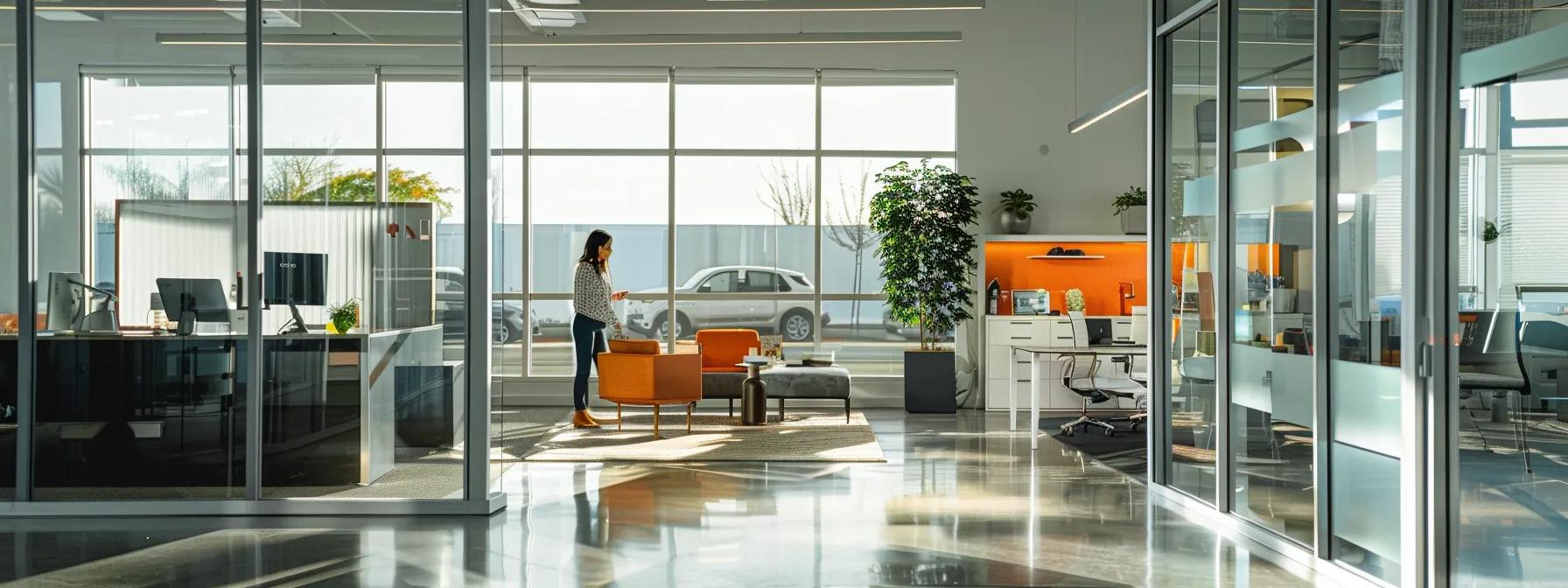
Ceramic tint does not block cellphone or GPS signals, contrary to the myth that any dark film interferes with electronics. Because ceramic films use non-metallic nanoparticles, they maintain 100% signal clarity for Bluetooth, Wi-Fi, and radio. Another misconception is that ceramic tint makes windows too dark; in reality, VLT options range from 70% (almost clear) to 5% (privacy), catering to state regulations and driver preference.
Many drivers believe ceramic tint is only for luxury vehicles, but its benefits apply equally to sedans, SUVs, trucks, and commercial fleets. The initial investment misconception is offset by long-term savings through reduced heat load, lower maintenance costs, and upholstery protection valued at over $1,200 across five years. IR Auto Solutions often dispels these myths during free consultations, illustrating real-world performance metrics and compliance with North Carolina tint laws. To better understand what’s legal in your area, check out A Local’s Guide to Legal Window Tinting Limits in North Carolina.
What tips can help choose the best professional for ceramic tint installation?
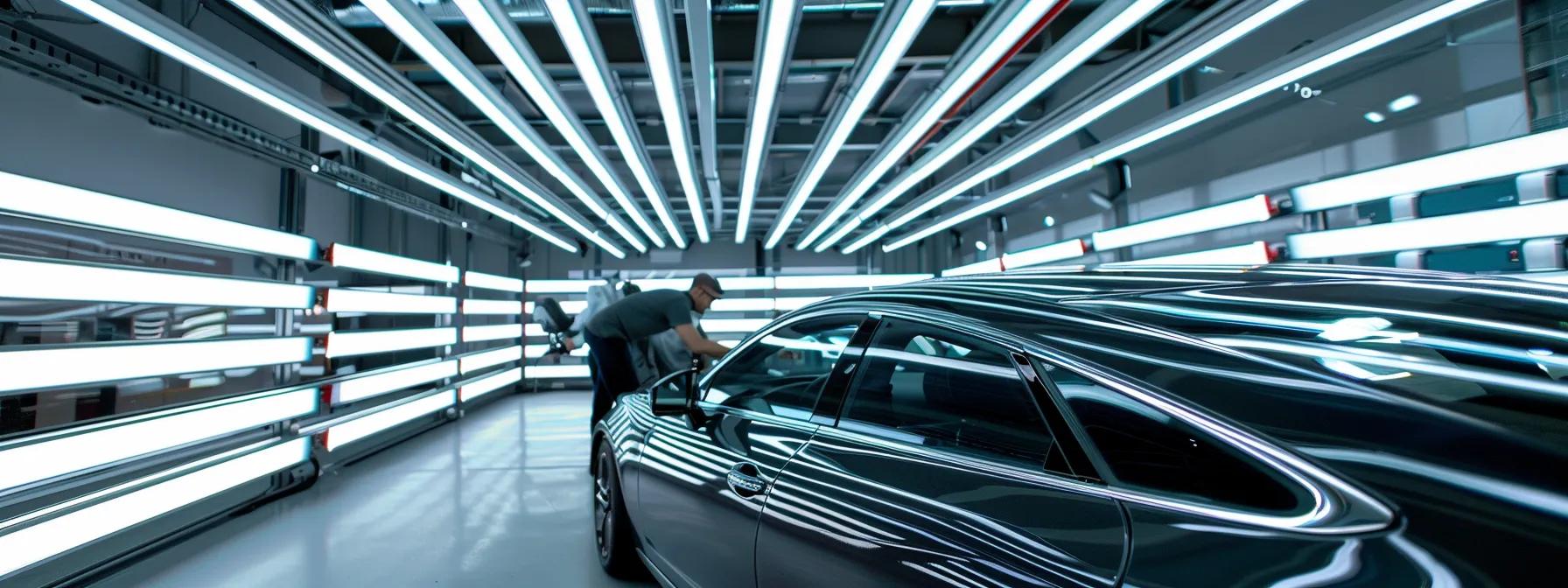
Selecting a reputable installer ensures perfect adhesion, bubble-free finish, and warranty protection. IR Auto Solutions stands out as WNC’s Premiere Auto Protection Specialist, offering a climate-controlled facility, precision laser cutting, and a 7-year transferable warranty. Customers should verify installers use ANSI-certified films, employ experienced technicians with over 1,000 successful ceramic tint installations, and maintain cleanrooms to prevent dust inclusion.
Ask about aftercare support, removal services, and certification programs—IR Auto Solutions provides lifetime maintenance advice, scratch repair kits, and an industry-leading customer service rating above 4.9 stars on Google Reviews. Trustworthy professionals will demonstrate sample panels under UV light, show before-and-after interior temperature logs, and provide cost-benefit analyses of different VLT levels. Such transparency helps drivers, enthusiasts, and dealers make informed decisions for ceramic window tint on cars, trucks, and SUVs.
FAQs
How long does ceramic tint last on a typical sedan?
Ceramic tint maintains optimal performance for over 10 years when properly installed and cared for.
Can I install ceramic tint myself?
Professional installation is highly recommended to avoid bubbles, dust, and edge lifting.
Does ceramic tint fade over time?
Ceramic films resist fading and discoloration due to UV-stable nanoparticles in their composition.
Is ceramic tint legal in North Carolina?
Yes, IR Auto Solutions offers VLT options that comply with NC window tinting regulations.
How does ceramic tint improve fuel efficiency?
By reducing cabin heat load, ceramic tint lowers air-conditioning energy use by up to 15%.
Ceramic window tinting stands out by combining superior heat rejection, UV protection, and signal clarity in one durable package. Choosing ceramic films from IR Auto Solutions delivers fuel-efficiency gains, interior preservation, and long-term savings for everyday car owners and dealers alike. By dispelling myths and demonstrating real performance data, ceramic tint proves its value over dyed, metalized, and hybrid options. Professional installation with a 7-year transferable warranty ensures peace of mind and peak performance across all climates.
